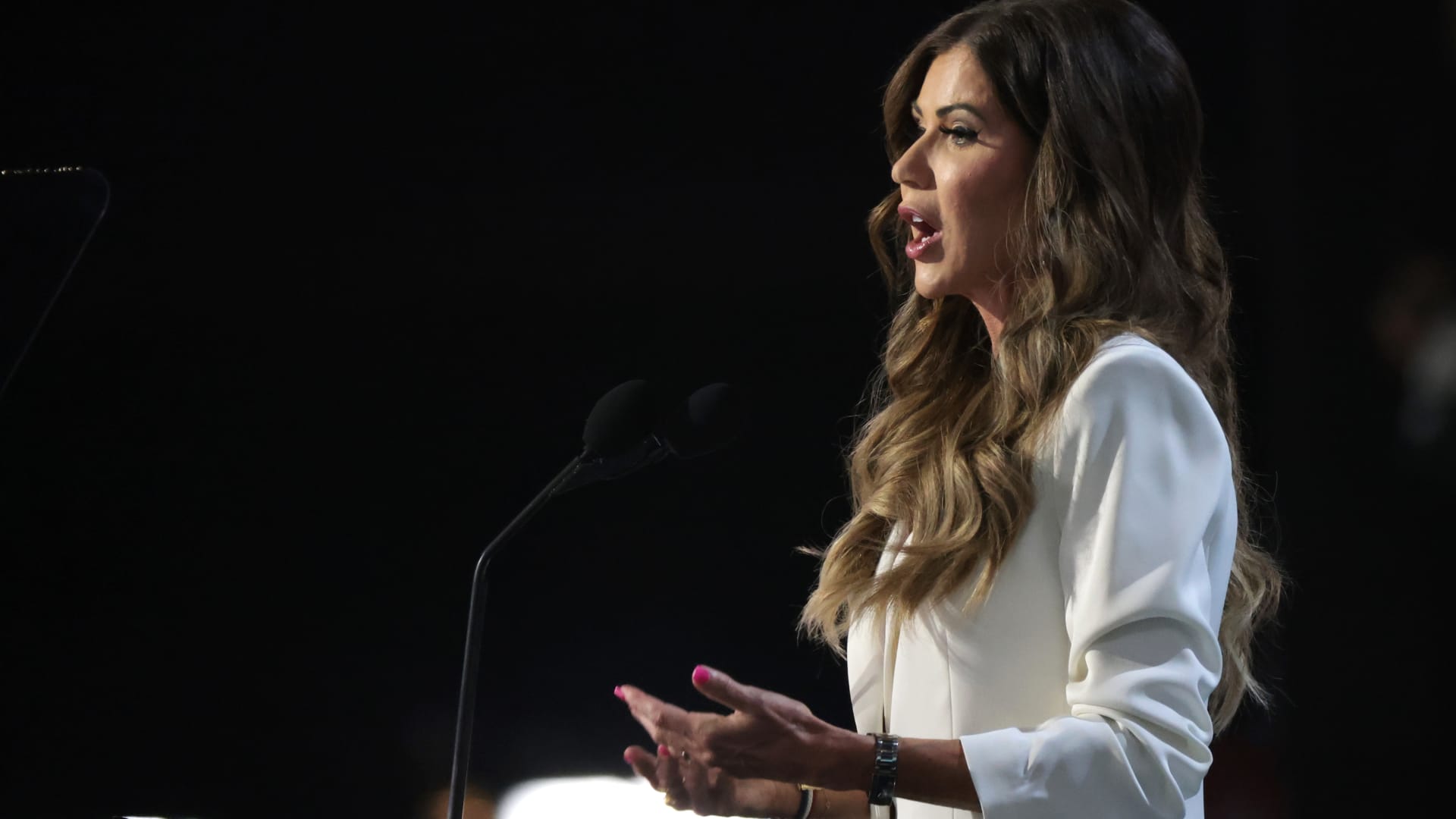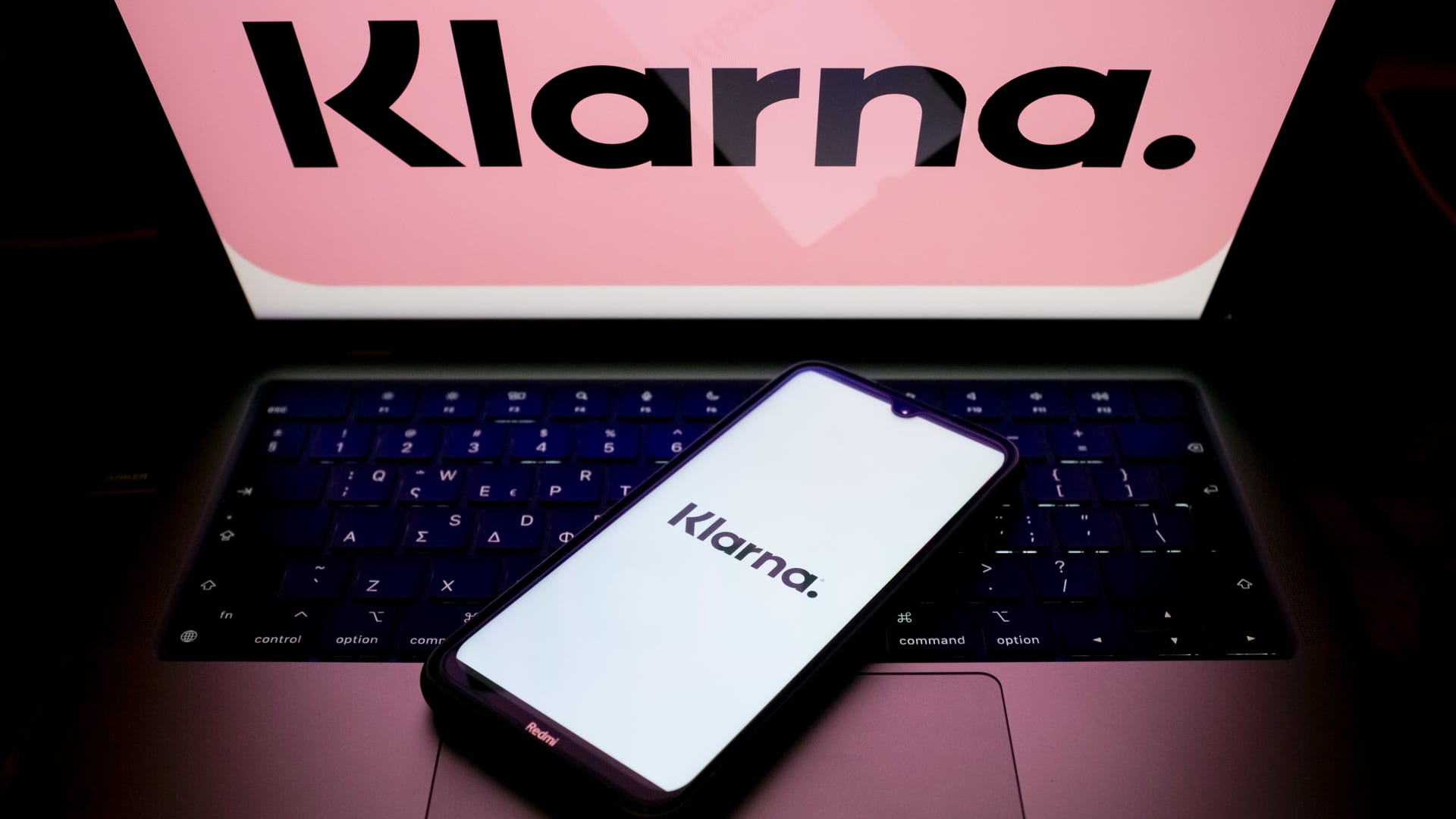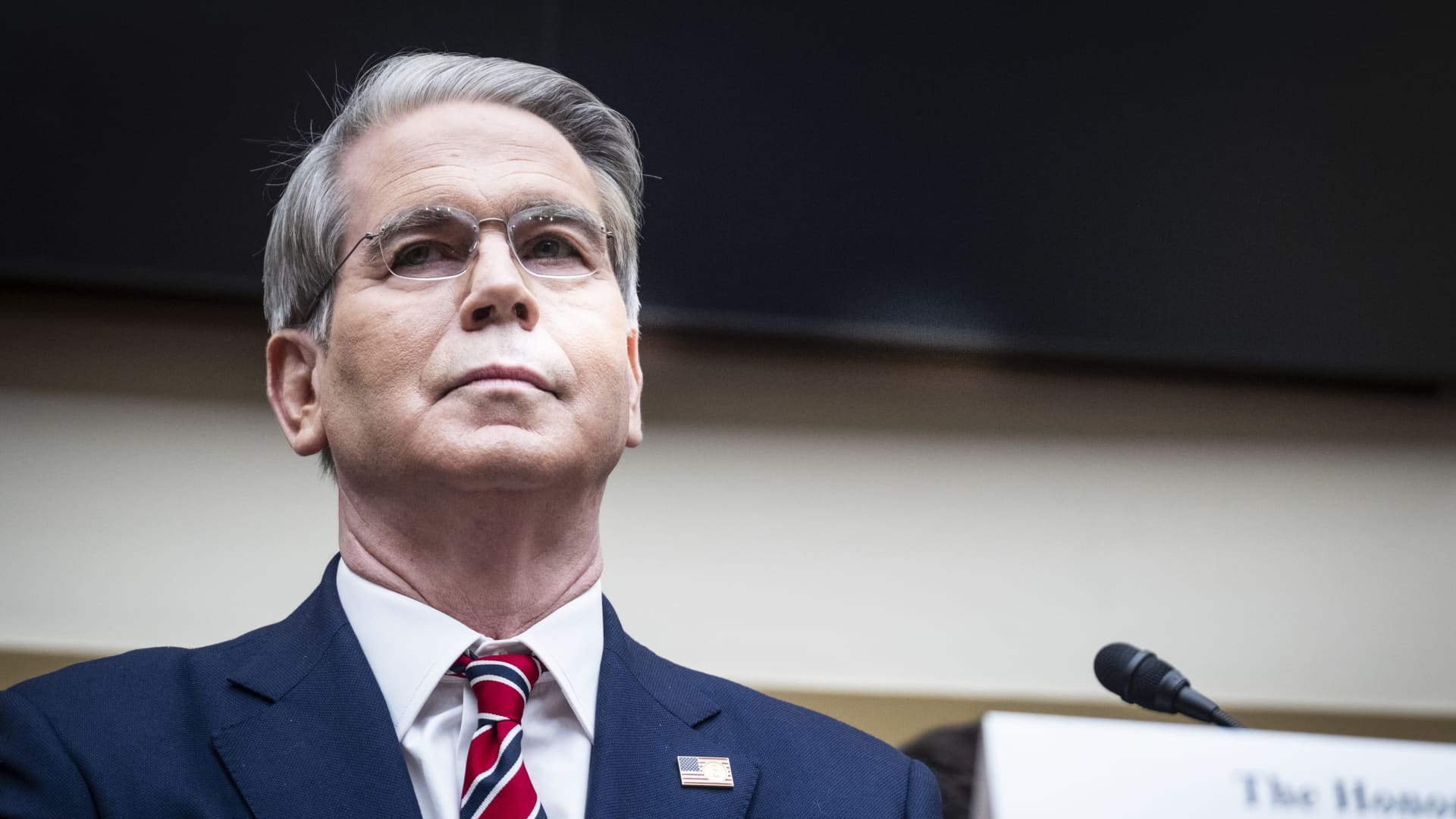Owngarden | Moment | Getty Images
A handful of states have rolled out rebates to consumers who make their homes more energy-efficient, just months after New York became the first state to do so, in May.
Meanwhile, South Dakota officials in August declined the federal funding, which is tied to two new programs created by the Inflation Reduction Act, a landmark climate law enacted in 2022.
The IRA earmarked $8.8 billion for consumers via two Home Energy Rebates programs.
Consumers can access up to $8,000 of Home Efficiency Rebates, and up to $14,000 of Home Electrification and Appliance Rebates.
More from Personal Finance:
Take a look inside a $1.1 million ‘zero emissions’ home
How EVs and gasoline cars compare on total cost
How to buy renewable energy from your electric utility
Together, the two rebate programs aim to defray — or in some cases fully offset — the cost of retrofitting homes and upgrading appliances to be more energy-efficient. Such tweaks can help consumers cut their utility bills while also reducing planet-warming carbon emissions, officials said.
The two programs have varying rules that determine which consumers are eligible and how much money they can access. In some cases, rebates will depend on household income and a home’s overall energy reduction.
Nearly every state has indicated it will launch a rebate program for residents, according to a U.S. Department of Energy spokesperson.
State officials had an August deadline to officially decline the federal funds. They have a Jan. 31, 2025 deadline to submit a program application to the DOE.
South Dakota is the only state so far to have signaled publicly that it won’t administer the rebates.
“With good faith, we did look into this,” Jim Terwilliger, commissioner of the South Dakota Bureau of Finance and Management, said during a July 30 appropriations hearing. “We just don’t believe that it’s the right thing for South Dakota.”
Here are the states that have applied
States, which administer the federal funds, have some leeway relative to program design. They must apply for funding and can distribute rebates to consumers after their application is approved.
New York launched the first phase of its rebates May 30.
Five others — Arizona, Maine, New Mexico, Rhode Island and Wisconsin — have since launched rebate programs, too, according to U.S. Department of Energy data as of Sept. 24.
“I’m expecting more and more to roll out,” said Kara Saul-Rinaldi, president and CEO of AnnDyl Policy Group, a consulting firm focused on climate and energy policy.
Many more states, as well as Washington, D.C., have submitted applications or had them approved, according to DOE data: California, Colorado, Connecticut, Delaware, Florida, Georgia, Hawaii, Illinois, Indiana, Michigan, Minnesota, New Jersey, New Hampshire, Massachusetts, North Carolina, Oregon, Tennessee, Vermont, Washington and West Virginia.
Together, these 26 states plus the District of Columbia have applied for $4 billion in total funding so far, the DOE said.
The rebates are a new program, and “complex government programs like these take time and coordination to set up,” according to a DOE spokesperson.
“The Inflation Reduction Act put states in charge of designing and implementing Home Energy Rebate programs that fit their local needs,” the spokesperson wrote in an e-mail. “As each state has different resources and capabilities, each state’s timeline will be different.”
South Dakota is not participating
South Dakota Gov. Kristi Noem at the Republican National Convention on July 15, 2024.
Scott Olson | Getty Images News | Getty Images
However, South Dakota officials in August signaled they wouldn’t participate, the lone state so far to decline the federal rebate funding.
“South Dakota will have no part in facilitating the Green New Deal,” Ian Fury, a spokesperson for Gov. Kristi Noem, a Republican, said in an e-mailed statement.
States had an Aug. 16, 2024 deadline to officially decline the funds.
“We don’t think the administrative burden and the expense of administering a program like that is the appropriate thing to do, and we generally disagree with the policy,” Terwilliger, of the South Dakota Bureau of Finance and Management, said in a July hearing.
The Inflation Reduction Act allows states to use up to 20% of its funding for administrative purposes.
Fifty-one states and territories have applied to DOE for early administrative funding, the agency said.
The $68.6 million of federal money that had been set aside for South Dakota rebates will be redistributed among participating states.
Fury also noted this isn’t the first time South Dakota has rejected federal spending. It was the only state to reject extended unemployment benefits in 2020 during the Covid-19 pandemic, Fury said.
The Green New Deal is a climate-change policy initiative supported by congressional Democrats starting around 2019. Bipartisan legislation to create an energy rebate program had existed almost a decade earlier, like the Home Star Energy Retrofit Act in 2010.
The concept of consumer rebates tied to energy efficiency “predates the Green New Deal by many years,” said Saul-Rinaldi.
Florida reverses course
It appears Florida officials reversed course from their original stance on the rebates.
Republican Gov. Ron DeSantis in 2023 had vetoed the state’s authority to spend about $5 million of federal funds to administer the energy rebate program. At the time, a spokesperson for the state’s Department of Agriculture and Consumer Services told CNBC that Florida wouldn’t be applying for the rebates as a result.
Florida Gov. Ron DeSantis at the Republican National Convention on July 16, 2024.
Robert Gauthier | Los Angeles Times | Getty Images
Now, Florida is preparing for a soft launch of the rebate programs in late 2024 and a full launch in early 2025, according to information on a state website.
A spokesperson for the Department of Agriculture and Consumer Services didn’t return a request for comment on the change in position.
‘Every state is approaching [its program] differently’
At a high level, consumers will be able to get the rebates at the point of sale, when they buy an appliance directly from a retailer or from a qualified contractor who’s helping a household complete an efficiency project.
“Every state is approaching [its program] differently, for many reasons,” Saul-Rinaldi said.
Many are rolling them out in phases. For example, New Mexico is starting by offering a $1,600 rebate for low-income consumers in single-family homes who buy insulation from a participating retailer.
Similar to other states, qualifying New Mexico residents will be able to later access additional rebates such as:
- $8,000 for an ENERGY STAR-certified electric heat pump for space heating and cooling;
- $4,000 for an electrical panel;
- $2,500 for electrical wiring;
- $1,750 for an ENERGY STAR-certified electric heat pump water heater;
- $1,600 for air sealing; and
- $840 for an ENERGY STAR-certified electric heat pump clothes dryer and/or an electric stove.
Consumers and contractors should consult their state energy department website to learn more about their specific programs and eligibility, Saul-Rinaldi said.
The U.S. Energy Department suggests households don’t wait to accomplish necessary home energy upgrades or projects if their state hasn’t formally rolled out rebates. They may be eligible for other federal programs, “including tax credits, the Weatherization Assistance Program, and other state, local, and utility programs,” the agency said.

 Personal Finance1 week ago
Personal Finance1 week ago
 Personal Finance1 week ago
Personal Finance1 week ago
 Accounting1 week ago
Accounting1 week ago
 Finance1 week ago
Finance1 week ago
 Accounting1 week ago
Accounting1 week ago
 Economics6 days ago
Economics6 days ago
 Economics7 days ago
Economics7 days ago
 Finance1 week ago
Finance1 week ago











